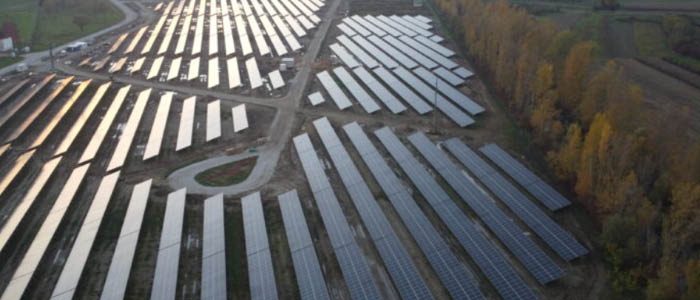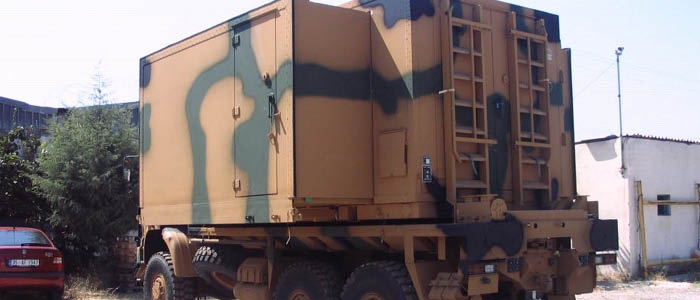On the eve of a widely-expected global economic downturn, the Croatian economy finally emerged from “junk” investment status, and rating agencies now rank it as “investment” tier. Formal confirmation of this new status is expected to come in the course of spring 2019 – when the first signs of a slowdown in the local economy are already signalled. The country’s GDP is growing shyly but persistently and after five years of membership in the EU there is a visible uplift in the trade balance with export of goods and services (predominantly with other EU-member countries) as the main driver.
Not everything is bright, of course. On the dark side, the importance of tourism to the country’s economy, at approximately 20% of GDP, is simply too high, making the economy too dependent on just one sector – a sector that is extremely vulnerable to the smallest uncertainty and global or regional turmoil. Also, at six years, Croatia took longer to recover from the 2008 financial crisis than any other country, and, with the lingering effects of the war in the 1990s, it continues to lag behind the economies of its neighbors in the CEE region.
The political situation provides an additional layer of complexity. Two years ago, for the first time in its short life, the country experienced the fall of the government … twice, in less than one year. Since then, a fragile coalition of the right-wing party (with everyone who was ready to join the bandwagon) is running the country, but without the power necessary to make the most important cuts and changes. Instead, necessary reform only happens when the water is so high that there is no other way to circumvent the problem (as in the case of the recent reform to the national pension scheme). Now, the state also has to somehow resolve the situation with two of the country’s largest shipyards, where the state budget is exposed to almost EUR 600 million in direct losses (a result of state guarantees for ships under construction), and potentially much more should the restructuring fail completely.
In this constellation, private business is, surprisingly, resilient, particularly in respect to anything related to tourism (i.e., M&A, investments, and construction). Infrastructure development is also active, particularly on the completion of objects designed to facilitate this sector, such as the completion of the highway from the north to the south of the Croatian cost, modernization of airports and railways, and so on. The next challenge will involve the sale of Croatia Airlines, the national airline, which is once again for sale, and the state is currently in the process of selecting advisers to work with.
But infrastructure development is growing outside the tourism sector as well. Rising tensions between the East and the West have revived plans for an LNG terminal on the northern Adriatic coast; although there are plenty of supply channels for gas and oil in the region, the LNG terminal would represent a strategic backup in case all northers and southern streams are cut. Unsurprisingly, interest in and competition for the project is expected to be between US and Western Europe oil and gas companies.
This year should also see the long-awaited settlement between the Croatian state and the Hungarian oil company MOL, which have a long history of antipathy as two main shareholders of INA, Croatia’s multi-national oil company. The antagonism, which escalated over the years to multiple arbitrations and constant clashes on all levels, is supposed to end with the buy-back by the state of INA’s shares and their subsequent sale to a new strategic partner. The size of the deal promises an interesting transaction, which should attract the interest of the biggest international players.
Finally, 2019 should also reveal the destiny of what was once the largest private Croatian company: Agrokor. By virtue of the special law enacted for the purpose of Agorkor’s salvation, this regional retailing heavyweight is expected to be mutually controlled by two Russian banks and a US fund. The question is whether or not this “brotherhood” of the East and the West can work in the matter at hand; in other words, what comes first, politics or business? Nevertheless, Agrokor’s demise spurred some positive trends, including the rise of shareholder activism, increased sophistication in corporate governance, and a wide-spread awareness that private companies cannot, on the long run, be treated as simple cash-cows for their owners.
So, 2019 will, again, be an interesting year, and one in which a cold breeze of global recession might start blowing over the fragile recovery of the Croatian economy.
By Marija Musec, Partner, CMS Zagreb
This Article was originally published in Issue 6.2 of the CEE Legal Matters Magazine. If you would like to receive a hard copy of the magazine, you can subscribe here.

























